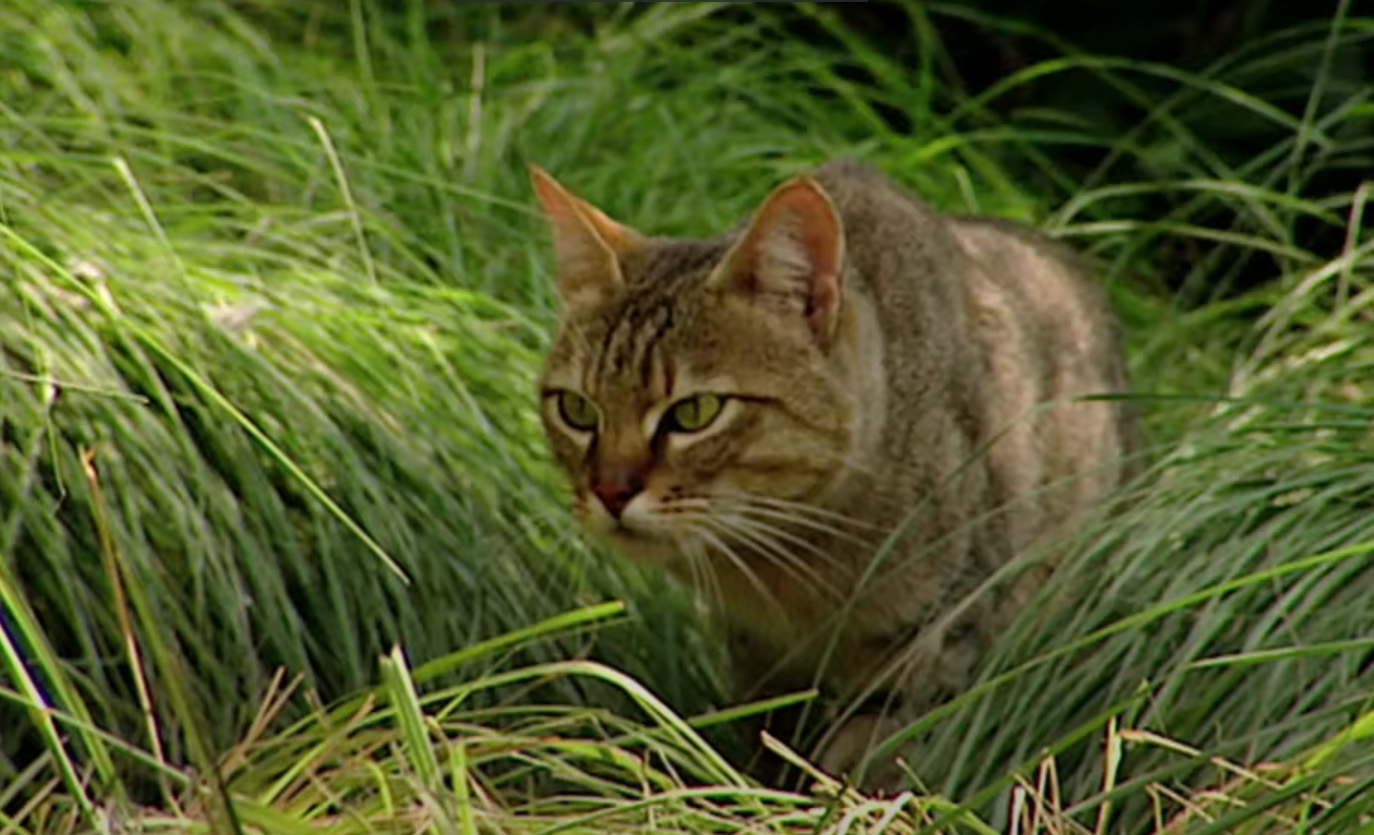How to keep away stray cats

There are a number of approaches you could take when you have a stray cat issue in your neighborhood. The same approaches also work for “community” cats, which are also known as feral cats - ones that are born and bred in the wild, rather than being released or escaped domesticated pets.
Of course, one of the biggest problems that comes when you have a stray cat issue is the poop they leave behind. This can be dangerous, particularly to young children and pregnant women, and that's before you look at fleas, ticks and other parasites, which could easily be introduced into your household on your domesticated pets. When your cat goes out into the back garden it will more than likely come into contact with stray and feral animals, and as well as the spread of disease and parasites, there is also the worry of unwanted pregnancies and even fights, particularly between males quarreling over territory.
There are a few ways that you can encourage stray and feral cats to keep away from your property, but you should first make sure that you aren’t actually inviting them in, in the first place.
Keep Food Safe
Cat food left out for your cat could easily feed a passing stray cat, and more than that, a raccoon or an opossum too. Food left out on the BBQ by accident acts in the same way, as well as throwing garbage bags in the backyard, rather than in a secure dumpster or trash can. If you have a trash can, make sure it is metal (so rats can’t chew through the plastic), and also that it has a lid on it. You may also want to secure the lid down to prevent invasion from bigger critters, including raccoons.
Do not be tempted to feed stray or feral cats. They will come back, and they’ll get increasingly more aggressive too.
Repellents
There are a number of deterrents or repellents that you can use to keep away stray cats, but they do have questionable levels of effectiveness, and you should bear this in mind when you're putting them in place. There are a number of items that are said to smell foul to cats, and these include:
Citrus fruits & scents - You could use essential oils in a spray bottle with water, but we wouldn’t recommend this. It will get expensive after a while, and you will need to ensure you're using only all-natural essential oils, as well as researching the safety of their ingredients to felines and other wildlife.
Lemon or orange peel is said to work quite well, and some homeowners have also used a diluted fresh orange, lime or lemon juice mixture in a spray bottle to some success.
Old pipe tobacco, eucalyptus, lavender, vinegar and coffee grounds are also said to work in deterring cats, although again, we do need to question their effectiveness. If they did work as well as predicted, stray and feral cats wouldn’t still cause a problem for homeowners . . . and yet they still do.
Animal repellents rarely work, and this is definitely the case or ultrasonic sound machines. These are not meant to be heard by humans, but there are some people that will be able to hear them. Also: they don’t work half as well as they say they do, and you’ll need to have the thing plugged in 24/7 to ensure your home has 24/7 protection. This will increase your energy bills. You may also need to look at buying outdoor-safe extension leads and devices if the range isn’t long enough from within your home.
Lights that work on a motion sensor can deter some wild animals, although quite a few cats aren’t really that bothered by them. You will also need to ensure the light isn't pointing right into someone else’s window, or your own, because when the cats run in and out of your garden all night (which they likely will), those lights will keep coming on and turning off too. You can imagine how frustrating that can be when you're trying to get a good night's sleep.
Get Rid of Cat Poop
If you see cat poop, as unpleasant as the job is, get rid of it immediately. It can give off quite the pungent smell, and it’ll also act as an invitation too, not just to the original cat, but also other cats.
Trap-Neuter-Return Method
The trap-neuter-return method is a very successful one for keeping the population of cats, both stray and feral, down. The idea is to catch the cat, take it to a vet that offers the service, and the cat will be checked over. If it is fit and well, it’ll be neutered to prevent further feral felines, brought back to health, and then placed with new owners where possible. If the cat is not fit and well, however, or it won't be well-suited to a new home, it will be euthanized. The feline population is already so high that this is the only real way to deal with the problem. These cats will continue to breed with each other at a staggering rate if not.
